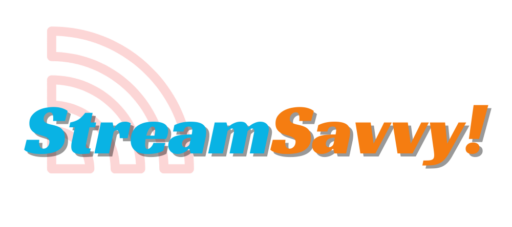The introduction of a new course on copyright and piracy in Denmark represents a proactive approach to educating young individuals about important legal and ethical issues in the digital age. By partnering with local anti-piracy group Rights Alliance and publisher Gyldendal, the government demonstrates its commitment to fostering a culture of respect for intellectual property rights and responsible digital citizenship.
This course will likely cover a range of topics, including the basics of copyright law, the consequences of piracy for creators and industries, and the importance of ethical behavior online. By equipping high school students with knowledge and awareness about copyright and piracy, the curriculum aims to empower them to make informed decisions and contribute positively to society.

In an era where digital technologies play an increasingly prominent role in daily life, understanding the principles of intellectual property rights and the implications of copyright infringement is essential. By integrating this education into the school curriculum, Denmark sets a precedent for other countries to prioritize digital literacy and responsible online behavior among young people.
The initiative by the local anti-piracy group Rights Alliance to educate young Danes about copyright and piracy is a commendable effort to address the challenges posed by digital piracy among today’s youth. By launching the “Are You a Thief” curriculum for high school students, Rights Alliance aims to raise awareness about the legal and ethical implications of online piracy and empower young people to make responsible choices in their digital interactions.
The curriculum’s focus on engaging students in self-reflection about their online habits and the consequences of piracy is a strategic approach to fostering a deeper understanding of copyright law and its impact on creators and society as a whole. By incorporating real-life examples of creators harmed by piracy and highlighting the risks associated with accessing pirated content, the curriculum seeks to resonate with students and encourage them to reconsider their behavior.
Furthermore, the emphasis on the potential dangers of piracy, such as exposure to malware and other security threats, underscores the multifaceted nature of the issue and reinforces the importance of digital safety and responsible online practices.
While the effectiveness of the curriculum remains to be seen, initiatives like this play a crucial role in addressing digital piracy and promoting a culture of respect for intellectual property rights among young people. By equipping students with the knowledge and awareness needed to navigate the digital landscape responsibly, the “Are You a Thief” curriculum has the potential to make a positive impact on reducing piracy rates over time.






